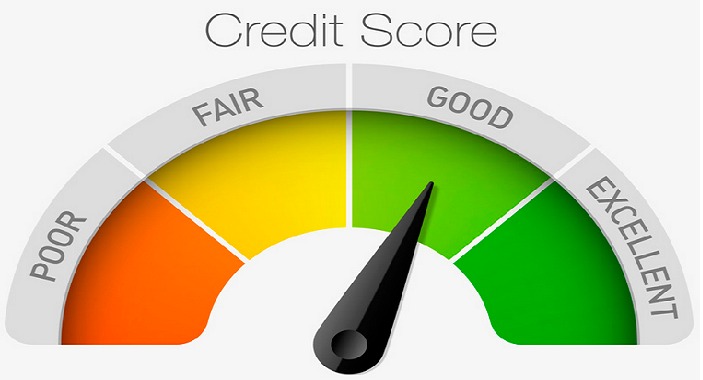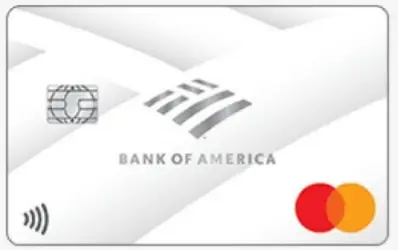
At first we can already say briefly that when we talk about credit scores, we are referring to a three-digit number that is calculated from some information given in a credit report. Normally this score usually ranges between 300 and 850.
Talking about the FICO Score range, to be considered as a good credit score, it should be in the range of 670 to 739. While in VantageScore, to be a good credit score, it should be in the range of 661 to 780. Throughout this article we will further present the details about each of these lines of credit.
Understand about good credit scoring
As we have already mentioned, normally credit scores tend to range from 300 to 850. Remember that this is a kind of numerical rating, where the probability of a person paying off some debt is measured. When a higher credit score is seen, this indicates that the risks are lower and there is a higher probability that the person will pay off the debt on time.
Typically these scores are used for the purpose of evaluating the likelihood that debts such as mortgages, loans, rent, credit cards, among others, will be paid on time. For lenders, they can take advantage of these credit scores for evaluative purposes, in loan qualification, interest rates, and also credit limits.
Usually in scores of 300 to 850, having your credit score evaluated at 700 or a little higher is usually considered good. To be rated excellent, your score should be 800 or higher. Most consumers usually have fairly good credit scores, between 600 and 750.
Learn what is a good FICO score and a good VantageScore
At FICO different types of credit scores are created for the consumer. Some FICO scores are used as a “base” for the company to create for lenders to use in various industries. Typically these are industry-exclusive credit scores aimed at auto lenders and also credit card issuers.
There is a range in FICO base scores from 300 to 850. A “good” range is defined by FICO as 670 through 739. For FICO sector-specific scores there is a diverse range, from 250 to 900. However, the categories that are intermediate have common groupings and to be “good” the sector-specific FICO score is likewise 670 through 739.
The first two examples of VantageScore credit scores were in the 501 through 990 ranges. Currently, in the two most recent VantageScore credit scores (which is VantageScore 3.0 and 4.0), they use around 300 through 850. That is, the same as the basic FICO Scores. When it comes to the newer models, VantageScore determines 661 through 780, which is considered a good range.
What can affect your credit score?

There are many more common factors than you might think that can affect your credit scores. These are usually broken down into five classes. First is payment history. It is very important to always make your payments on time, as this can help you get a better score. It can also hurt you, in cases of late payments, bankruptcy, etc.
Next comes credit utilization. This considers how many of your accounts are overdrawn, how much you owe, and how much of your credit limit is being used by you on revolving accounts. All these details count. There is also the length of credit history. In this class is included the average age of your credit accounts, along with the time of your accounts, i.e. the oldest and the most current ones.
The types of accounts are another point, also known as “credit mix”, look at whether you are managing installment accounts, for example, such as mortgage, personal and car loans, as well as revolving accounts (from credit cards, as well as other lines of credit). And finally recent activities, where some facts are considered such as: if you have recently made any applications or opened new accounts.
Importance of a good credit score and how to improve it
Generally speaking, having good credit helps you achieve your personal and financial goals. That is, with good credit you can more easily get approved for an important loan, be it a home mortgage or even a personal loan or a car loan. In addition to often affecting directly the interest and fees charged.
Some tips are valuable and can help you a lot to build a good credit history. Be especially careful not to do things that can hurt your score. Many of them were mentioned above, so avoid them. In the same way that some things hurt, others will help you improve your score, for example:
Always pay your debts on time, even if it’s the minimum amount, but never default. Keep your credit card balances low. Make account openings where they will be reported to the credit bureaus. Finally, only apply for credit when necessary. Be sure to check your credit score.


 BankAmericard® Credit Card for Students — Your First Step Toward Responsible Credit Building
BankAmericard® Credit Card for Students — Your First Step Toward Responsible Credit Building  Take Control of Your Finances with the U.S. Bank Split™ World Mastercard®
Take Control of Your Finances with the U.S. Bank Split™ World Mastercard®  Spend Smarter Every Day with the U.S. Bank Smartly™ Visa Signature® Card
Spend Smarter Every Day with the U.S. Bank Smartly™ Visa Signature® Card